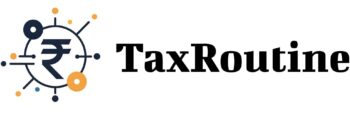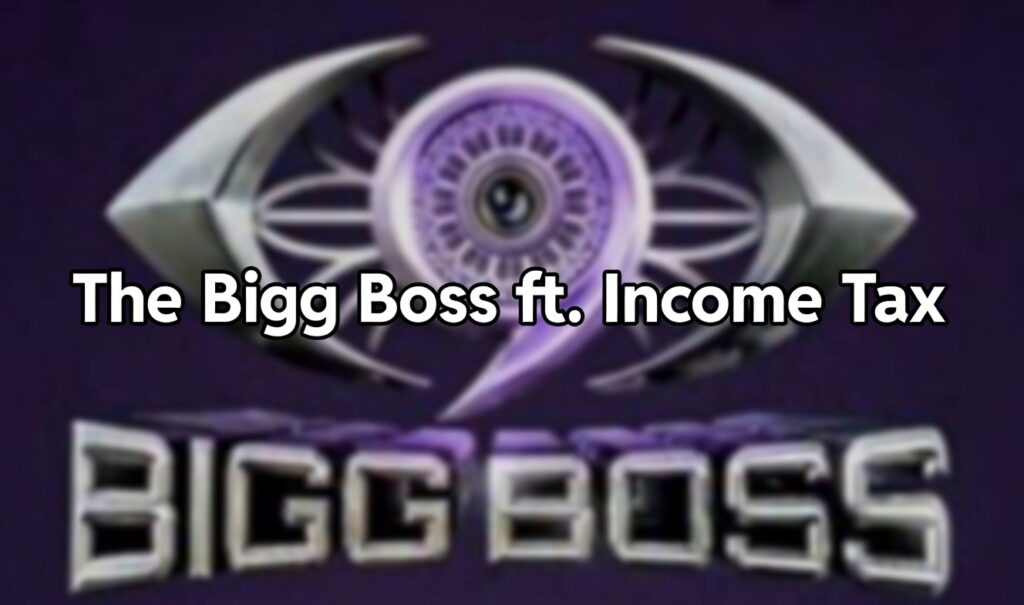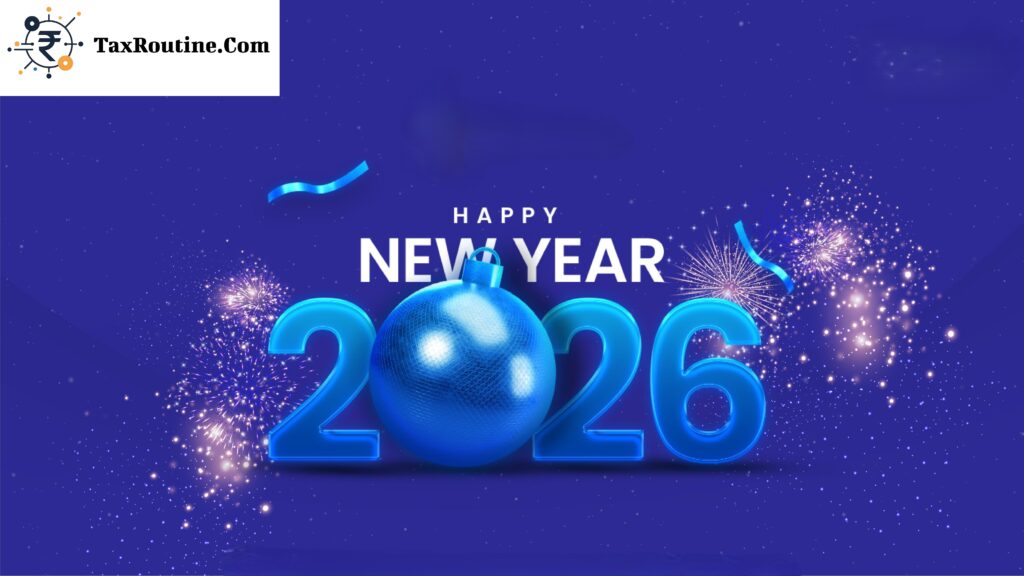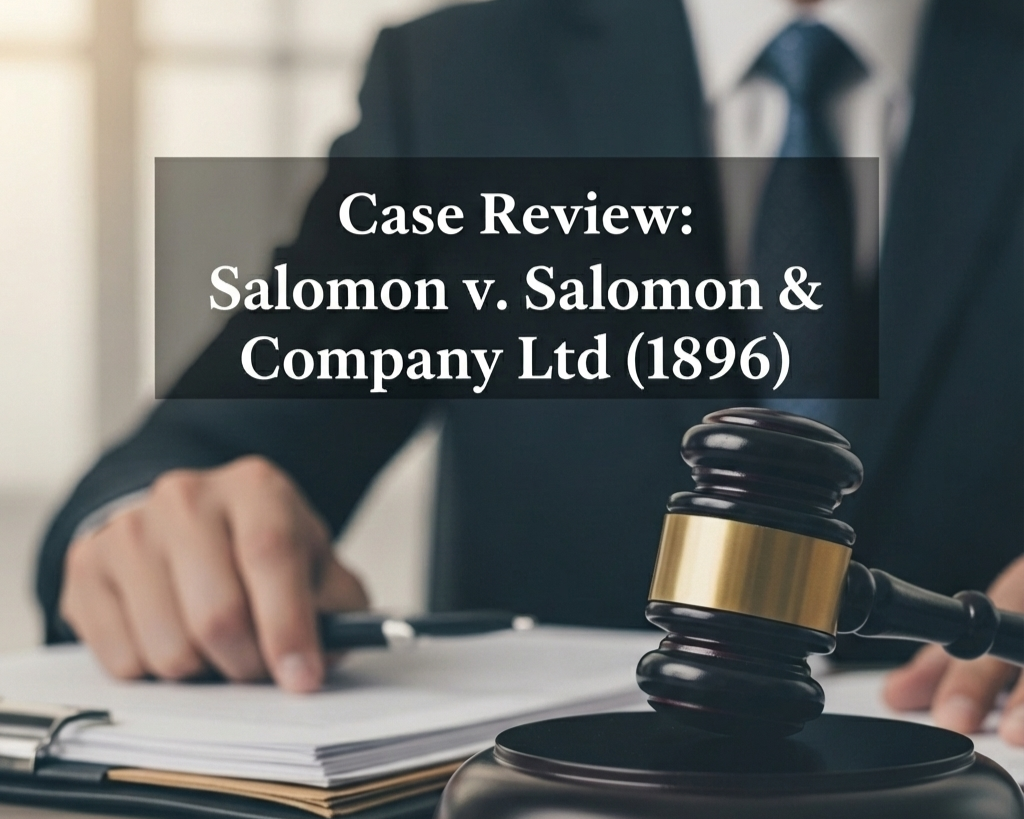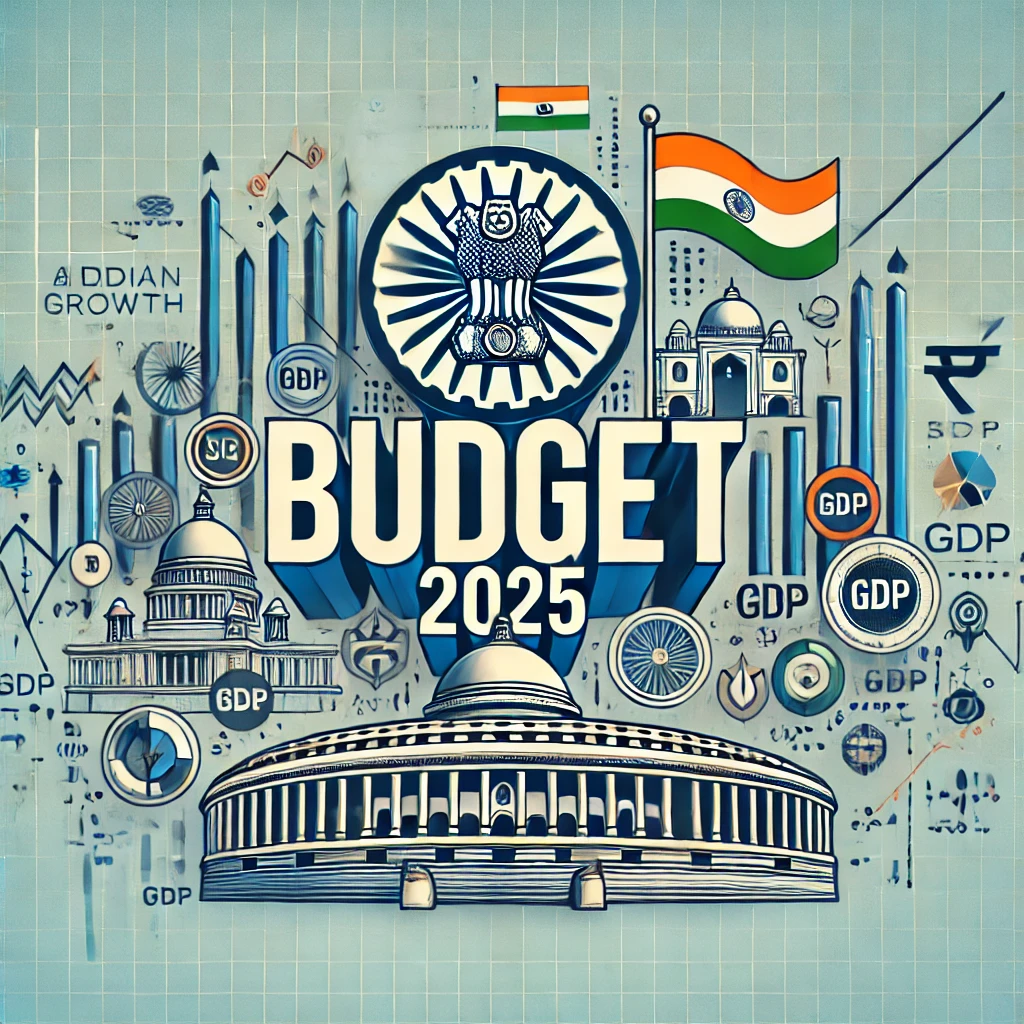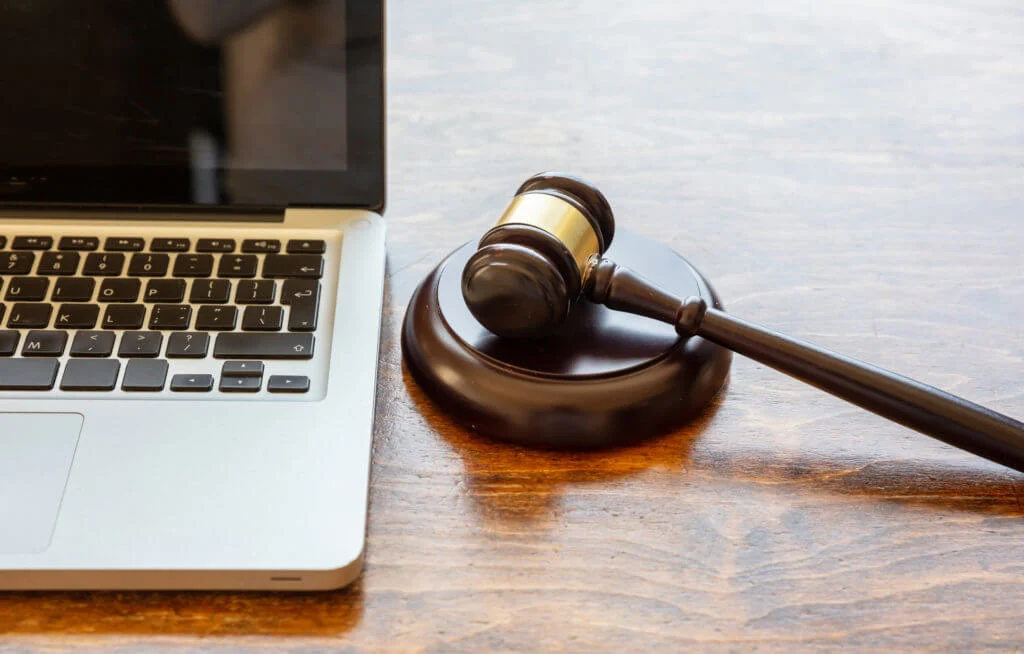
In the first week of July 2024, social media buzzed with taxpayer angst over the Common Offline Utility for AY 2024‑25. Complaints poured in that the utility failed to allow a rebate under Section 87A on tax computed under Sections 111A and 112—even for those opting to pay tax under the new regime, Section 115BAC. Although the issue seemed to simmer down once the government declined to modify the utility, it soon reemerged with fresh clarity from the Bombay High Court and, more importantly, with the Finance Bill 2025.
The Backstory
Tax Rebate Controversy
What is Rebate under Section 87A?
Section 87A of the Income Tax Act, 1961, offers a tax rebate to resident individuals whose taxable income falls below a specified threshold. This rebate directly reduces the tax payable, effectively lowering the overall tax burden for eligible taxpayers. Up until F.Y. 2022-23 (A.Y. 2023-24) the rebate was fixed at maximum limit of Rs. 12,500 for resident individuals having income less than Rs. 5 lakhs per annum, irrespective of the tax regime selected.
The Finance Act 2023 introduced a new amendment to the Section 87A, increasing the maximum rebate to Rs. 25,000 for resident individuals having income less than Rs. 7 lakhs per annum. However, to be eligible for the enhanced rebate limits, opting to the new tax regime was a pre-requisite. Persons opting the old tax regime were allowed the maximum previous limit of Rs. 12,500 only.
What became the controversy?
The confusion came into existence on July 5, 2024, when the Income Tax Department updated it’s Return Preparation (ITR) Utility, disallowing the total rebate under Section 87A on tax payable in Short Term Capital Gains u/s 111A. The disallowance was made when there was no provision restricting the rebate on such special rated income.
Section 112A (Long Term Capital Gain on sale of listed securities) had an express provision stating that the tax payable on such income shall not be offset against the rebate u/s 87A. On the Contrary, neither Section 111A nor Section 87A had such restrictive provisions on tax payable at 15% on the Short Term Capital Gains on listed securities.
Consequently, the taxpayers were forced to pay excess tax against the provisions of the Income Tax Act. It is to be noted that the returns filed before July 5, 2024 (under the new tax regime), were allowed to claim rebate even on the Short Term Capital Gains u/s 111A. However, while processing the Income Tax Returns, the CPC arbitrarily restricted the maximum rebate by not allowing the same to be claimed against the STCG u/s 111A (even in cases where the utility provided by the Income Tax Department had allowed it).
This resulted in plethora of cases and large spread public anguish. The main contentions were that the provisions of the Income Tax Act were clear and such restriction were not envisaged in the Act.
The Legal Drama
What happened in the legal recourses?

Many cases were filed in various courts in India against the arbitrary action of the Income Tax Department. The notable ones are mentioned below.
1. High Court of Gujarat – CA CHINTAN NARESHKUMAR PATEL vs. UNION OF INDIA, CBDT, CPC & PCIT (Guj) – PIL No. 67 of 2024
A public interest litigation was filed with the H’ble Hight Court of Gujarat by CA Chintan Nareshkumar Patel, against the arbitrary actions of the Income Tax department of not allowing the rebate that was legally available to the tax payers. The case was dismissed vide order dated 30/10/2024 with the following remarks
The issue raised in the present petition may be permitted to be withdrawn with a liberty to raise the issue by an appropriate person before the appropriate Tax Bench.
The copy of the Judgement can be accessed by clicking here.
2. High Court of Bombay – The Chamber of Tax Consultants v. Director General of Income Tax (Systems) – PIL/32465/2024
A subsequent Public Interest Litigation Suit was filed against the Income Tax Department in the H’ble Bombay High Court by the Chamber of Tax Consultants seeking various reliefs, including direction to rectify the ITR utilities, direction to re-process the returns, directions to allow Rebate u/s 87A on special rates incomes other than tax payable u/s 112A.
The court granted a interim relief on 20-12-2024, directing the CBDT to extend the last date to file belated/ revised returns for the Assessment Year 2024-25 at least until 15-01-2025. The CBDT issued a notification on 31-12-2024 extending the last date to 15-01-2025. As a result, many were expecting favourable directions from the H’ble Court.
The court in its final order, had directed CBDT to modify the utilities to allow claim of rebate as the taxpayers intended to. However, the court did not rule on the request for direction to consider Rebate u/s 87A. The court remarked as follows
The issue of adjudication of eligibility of a claim under Section 87A is left to the authorities under the Act while processing the returns filed by the assessees.
Thus though claim was allowed to be made in respect of the Rebate u/s 87A, the CPC rejected such claims in the Intimations issued under section 143(1) thereby resulting in loads of demands all over the country.
The copy of the Judgement can be accessed by clicking here.
3. Commissioner of Income Tax (Appeals), Pune – Beena ManishBhai Fofaria vs CPC
While the Courts were not exactly providing the requisite relief for the tax payers, a case decided by the Office of the Commissioner of Income Tax (Appeals), Pune gained traction among the Public.
In a landmark decision, the CIT(A) upheld the contentions appealed by the appellant, directing the JAO to allow the rebate u/s 87A as per the provisions of the law.
The copy of the order can be accessed by clicking here.
The Way Out?
What is the final outcome of the issue?
It is still unclear as to whether the income tax department will allow the Rebate under Section 87A. While the provisions of the Income Tax Act is clear and absolute, the department’s view to disallow an eligible claim might be unjustified. Numerous representations have been sent to the Board and the Finance Ministry in this regard. However, the department’s silence is deafening in this matter.
TaxRoutine‘s take on the matter
Laws and Regulations govern the effective functioning of the human society. Without these rules, the society would descend into chaos and anarchy would take over. The lawmakers and the keepers of law must stand by the word of law, just and impartial, so as to not put anyone in a disadvantageous position.
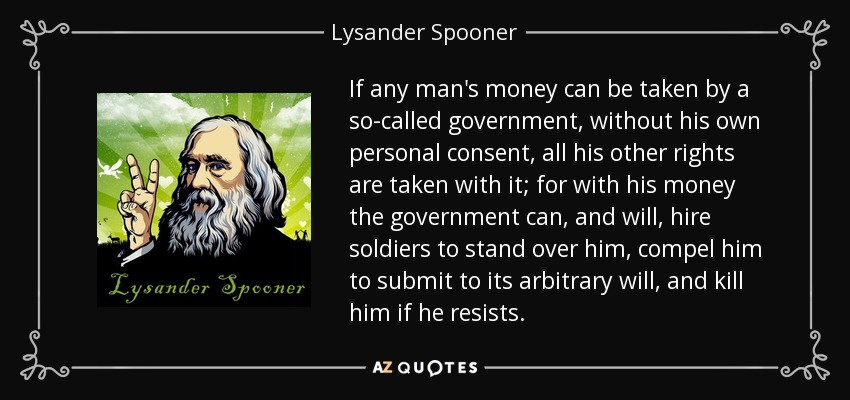
We believe nobody is above the law and nobody is below the law. Not even the governments are. There is a due process envisaged in the law and the rule of law must be abided to it’s words considering substance over form. If the law maker can interpret law in any way he pleases, that leaves all the subjects at disadvantage, thus rendering the democracy limping.
What do we do in A.Y. 2025-26?
What do the legal provisions say?
Section 87A
An assessee, being an individual resident in India, whose total income does not exceed five hundred thousand rupees, shall be entitled to a deduction, from the amount of income-tax (as computed before allowing the deductions under this Chapter) on his total income with which he is chargeable for any assessment year, of an amount equal to hundred per cent of such income-tax or an amount of twelve thousand and five hundred rupees, whichever is less:
Provided that where the total income of the assessee is chargeable to tax under sub-section (1A) of section 115BAC, and the total income—
(a) does not exceed seven hundred thousand rupees, the assessee shall be entitled to a deduction from the amount of income-tax (as computed before allowing for the deductions under this Chapter) on his total income with which he is chargeable for any assessment year, of an amount equal to one hundred per cent of such income-tax or an amount of twenty-five thousand rupees, whichever is less;
(b) exceeds seven hundred thousand rupees and the income-tax payable on such total income exceeds the amount by which the total income is in excess of seven hundred thousand rupees, the assessee shall be entitled to a deduction from the amount of income-tax (as computed before allowing the deductions under this Chapter) on his total income, of an amount equal to the amount by which the income-tax payable on such total income is in excess of the amount by which the total income exceeds seven hundred thousand rupees.
Sub Section 6 of Section 112A
Where the total income of an assessee includes any long-term capital gains referred to in sub-section (1), the rebate under section 87A shall be allowed from the income-tax on the total income as reduced by tax payable on such capital gains.
Section 111A
111A. (1) Where the total income of an assessee includes any income chargeable under the head “Capital gains”, arising from the transfer of a short-term capital asset, being an equity share in a company or a unit of an equity oriented fund or a unit of a business trust and—
(a) the transaction of sale of such equity share or unit is entered into on or after the date on which Chapter VII of the Finance (No. 2) Act, 2004 comes into force; and
(b) such transaction is chargeable to securities transaction tax under that Chapter,
the tax payable by the assessee on the total income shall be the aggregate of—
(i) the amount of income-tax calculated on such short-term capital gains—
(a) at the rate of fifteen per cent for any transfer which takes place before the 23rd day of July, 2024; and
(b) at the rate of twenty per cent for any transfer which takes place on or after the 23rd day of July, 2024;
(ii) the amount of income-tax payable on the balance amount of the total income as if such balance amount were the total income of the assessee:
Provided that in the case of an individual or a Hindu undivided family, being a resident, where the total income as reduced by such short-term capital gains is below the maximum amount which is not chargeable to income-tax, then, such short-term capital gains shall be reduced by the amount by which the total income as so reduced falls short of the maximum amount which is not chargeable to income-tax and the tax on the balance of such short-term capital gains shall be computed at the rate as applicable in clause (i):
Provided further that nothing contained in clause (b) shall apply to a transaction undertaken on a recognised stock exchange located in any International Financial Services Centre and where the consideration for such transaction is paid or payable in foreign currency.
(2) Where the gross total income of an assessee includes any short-term capital gains referred to in sub-section (1), the deduction under Chapter VI-A shall be allowed from the gross total income as reduced by such capital gains.
Source: Income Tax India
Inference from the above provisions
From the above legal provisions, it can be verified that the provisions that were applicable for A.Y. 2024-25, still hold good for A.Y. 2025-26 also, as the legislation had not made any changes in the relevant provisions. This means that the confusions are bound to continue even in the upcoming assessment year and a flood of demand notices are expected in AY 2025-26 also, given the fact that the H’ble High Court of Bombay has ordered that the ITR preparation utility must not restrict the claim of the taxpayers at the Return preparation level itself.
Do I or Do I not claim the Rebate, if applicable, over STCG u/s 111A?
Strictly speaking, in line with the provisions of the law, You are still eligible for the rebate under Section 87A, even on tax payable u/s 111A. However, this stand comes with a condition that, if denied, you should be ready to fight it out legally through appropriate channels. Assessment of your risk appetite is essential before taking decision on whether or not to claim the rebate.
Please consult a tax professional to seek guidance on the issue.
What’s New in the Finance Bill 2025?
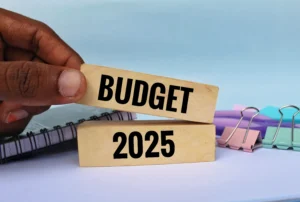
Revised Tax Slabs Under Section 115BAC
The Finance Bill 2025 introduces significant relief for taxpayers under the new regime. For instance, for AY 2026‑27, the proposed tax slabs under Section 115BAC are:
- Up to Rs. 4,00,000: Nil
- Rs. 4,00,001 to Rs. 8,00,000: 5%
- Rs. 8,00,001 to Rs. 12,00,000: 10%
- Rs. 12,00,001 to Rs. 16,00,000: 15%
- Rs. 16,00,001 to Rs. 20,00,000: 20%
- Rs. 20,00,001 to Rs. 24,00,000: 25%
- Above Rs. 24,00,000: 30%
Enhanced Rebate under Section 87A
Three key changes stand out regarding the Section 87A rebate:
- Increased Income Limit: The income threshold for availing the rebate jumps from Rs. 7,00,000 to Rs. 12,00,000.
- Higher Rebate Cap: The maximum rebate rises from Rs. 25,000 to Rs. 60,000.
- A new 2nd Proviso
The New 2nd Proviso: A Clarification with a Twist
The Finance Bill proposes inserting a new proviso immediately after the existing one. It clearly states that:
“Provided further that the deduction under the first proviso shall not exceed the amount of income-tax payable as per the rates provided in sub-section (1A) of Section 115BAC.”
This means if a taxpayer is paying tax under Section 115BAC, the rebate under Section 87A will be limited strictly to the tax computed using the new tax slabs—effectively excluding income taxed at special rates (e.g., capital gains under Sections 111A and 112). Though the same is not expressly conveyed in the section, the speech of the H’ble Finance Minister in the parliament shows the intent.
Prospective vs. Retrospective: The Debate Unfolds
Arguments for Prospective Application
- Legislative Norms: Generally, laws and amendments take effect “ex nunc” (from the time of enactment) unless explicitly stated otherwise.
- Clarity for Future Returns: The Finance Bill clearly stipulates that the amended provisions will apply from 1 April 2026. Thus, taxpayers filing for AY 2026‑27 and beyond will see the benefits and restrictions as outlined.
Arguments for Retrospective Operation
- Existing Ambiguities: Some argue that the clarification should retroactively apply to resolve past discrepancies, especially when revised returns filed for AY 2024‑25 claimed the rebate.
- Judicial Interpretations: While the Bombay High Court’s decision left the issue of eligibility to the tax authorities, proponents of retrospective operation feel that the new proviso simply clarifies an existing law rather than creating a wholly new regime.
So, Which Way Does the Bill Lean?
The Finance Bill 2025 expressly states that the amendments—including the new 2nd Proviso—will take effect from 1 April 2026. This indicates a prospective application, meaning that returns for AY 2024‑25 and AY 2025‑26 remain governed by the earlier interpretation, leaving taxpayers in a state of continued confusion regarding rebate eligibility.
Final Thoughts
The Finance Bill 2025 is set to reshape how taxpayers approach the Section 87A rebate, providing much‑needed clarity while also imposing stricter limits for those under the new regime. Although the debate over retrospective versus prospective application is far from settled in the minds of many, the clear effective date of 1 April 2026 signals that these amendments are here to stay for future assessments (subject to the intriduction of the New Income Tax Bill).
So, while you might not be able to rewrite the past, you can certainly plan for a future where your tax calculations are more transparent—even if it means bidding farewell to some of the old rebate comforts. Stay savvy, stay updated, and remember: in tax as in life, timing is everything!
